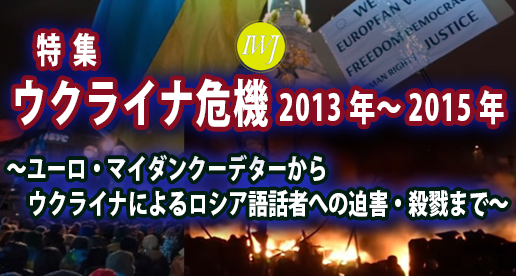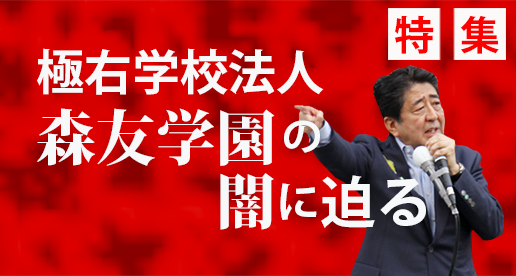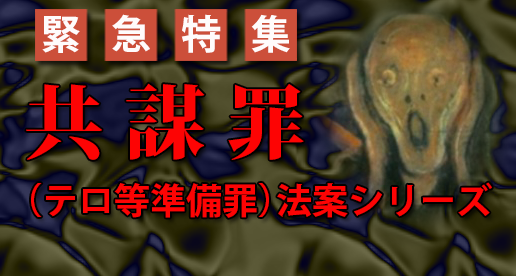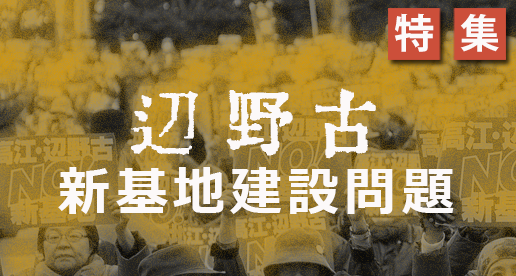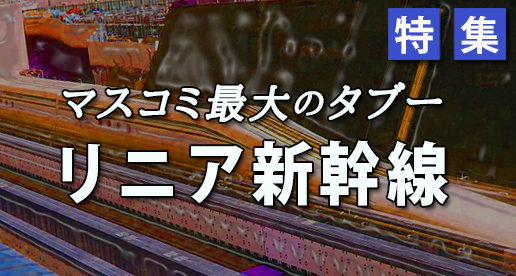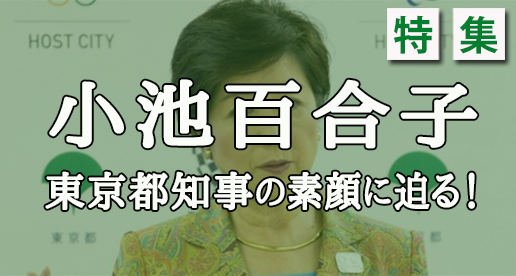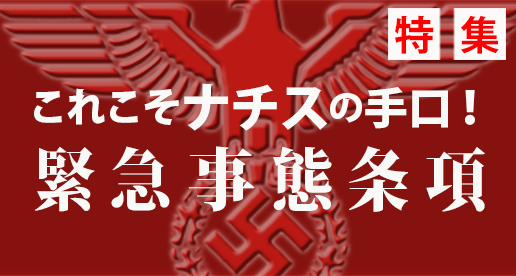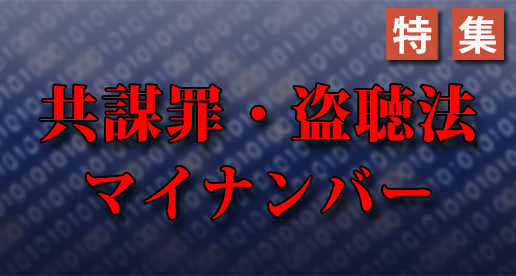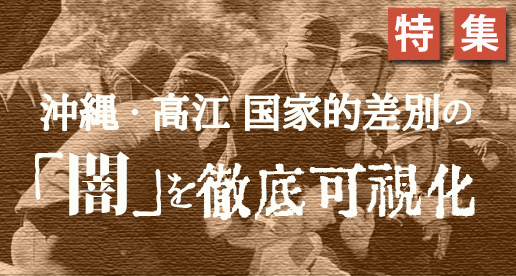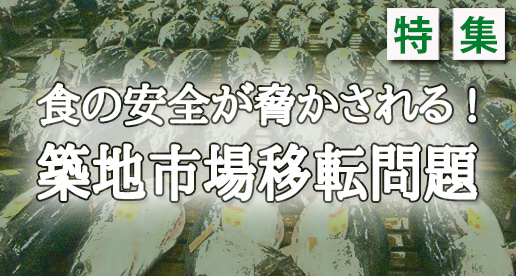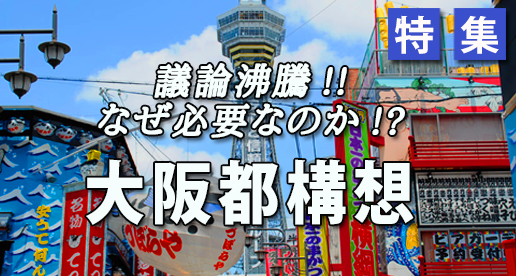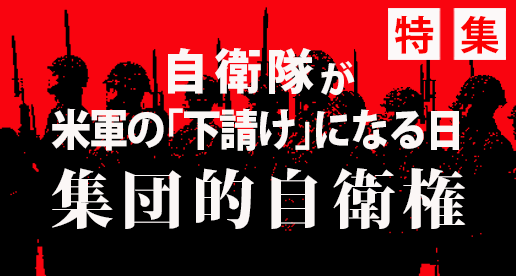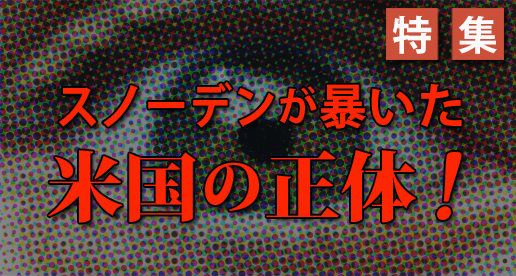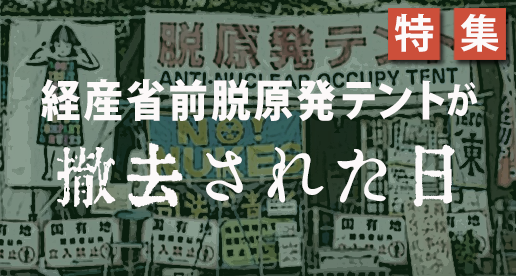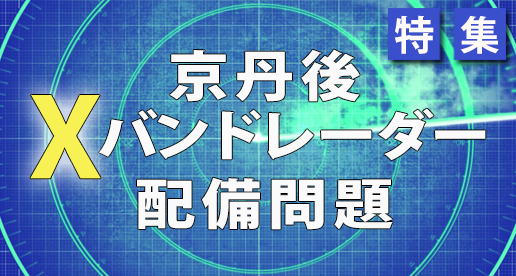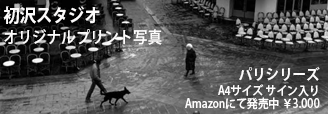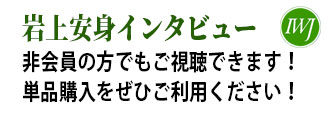♢ Mr. Hashimoto’s past of earning commissions from “illegal” sex industry
Toru Hashimoto, the incumbent mayor of Osaka City, made his controversial statements that comfort women were “necessary at that time” and he encouraged US military in Okinawa to utilize sex-related business, which have got so much media attention with lingering effect for over 10 days for now. Mr. Hashimoto made his statements on May 14th on his own Twitter account as a response to sharp criticism to his idea of utilizing sex industry for U.S. troops on Okinawa.
“I think that it is a discrimination to deny the existence of legitimate sex business against women who choose the occupation on their own will.”
“Those who criticize seem to think just simply that sex business equals to prostitution, which in turn equals to sexual conduct. Japanese are so clever that they provide such services wisely within the confines of the law, just before having actual sexual act. And, given the current situation in Japan, there are few women who are forced to work in the sex business due to poverty. Everybody does it of her own free will. So US military should use it actively.” He said, indicating that legitimate sex business should be more utilized.
So, what is a difference between “legitimate” sex business and “illegitimate” prostitution?
According to Article 2 of the Anti-Prostitution Act, prostitution is defined as “having intercourse with general public for being or promising to be compensated.” Article 3 of the same law stipulates a prohibition against prostitution, by saying that “no person shall provide or become a customer of prostitution.”
What kind of conduct should be regarded as “intercourse”? Ministry of Justice, the authority concerned, answered to our question and said without hesitation that the “intercourse” stipulated in Article 3 of the law literally means genital contact and doesn’t include any other acts.” Any sexual act other than genital contact is considered as “quasi-sexual intercourse”, not regarded as “intercourse” as the law stipulates.
“Legitimate” sex business as Mr. Hashimoto mentioned, probably means a provision of sexual services as a “quasi-sexual intercourse”.
Shukan Post, a Japanese weekly magazine, reported on December 2, 2011 that Mr. Hashimoto had served as a legal adviser for Tobita Shinchi Association in Osaka, until he became a governor of Osaka. Tobita Shinchi is one of the Japanese old-style red-light districts with a bunch of small “pub-restaurants”, in which young girls sit and beckon in front of the entrance while older ladies stand on the street luring customers.
Each shop offers sexual services including “Honban” with a price of 12,000 yen (120 USD) for 15 minutes. Honban means genital contact (= intercourse), which is prohibited by the law, hence “illegal prostitution.” Tobita Shinchi has a history of making money out of illegal act of prostitution and being given tacit permission.
IWJ asked Hashimoto Law Office of the accuracy of the Shukan Post’s article and got a response that all the client information is confidential. But our telephone interview with Tobita Shinchi Association revealed that it was true that Mr. Hashimoto had served as their legal adviser before becoming Osaka mayor.
How will Mr. Hashimoto, while making excuses of allowing “legitimate sex business”, explain the fact that he earned commissions from the organization which made money out of “illegal” prostitution?
♢ IWJ confirm that Tobita Shinchi is filled with illegal “Honban” acts
What Mr. Hashimoto persuaded US commander to “utilize” was a legitimate sex-related business and that meant sexual services within the parameter of “quasi-sexual intercourse.” Mayor Hashimoto has emphasized this matter of “legitimacy” over and over.
As aforementioned, Mayor Hashimoto was tweeting on May 14th as “My advice of using legal sex business was turned down (by the US commander). I didn’t mean it as prostitution.”
He strongly emphasized to draw a line by saying that illegal prostitution was prohibited but legal sex business (i.e. quasi-sexual intercourse) was permitted. However, if Mr. Hashimoto himself received commissions from Tobita Shinchi Association conducting illegal prostitution business, it would be too big an issue to ignore.
IWJ made additional research for confirmation for whether illegal prostitution or “Honban” is actually carried out in Tobita Shinchi, by giving a phone call to one of the shops that were recruiting women. Here is the answer we have got from them:
“First, you get someone in the shop. And then you start sexual play right away. Our clients come for that purpose; so no conversation wasted and you just do it like operations.”
“Basically it is 15 minutes, and you will have an intercourse. It is a kind of assembly line operation of kissing, doing a blow-job, condoming and performing.”
In this way, there is no doubt that “Honban” or illegal prostitution is still conducted in Tobita Shinchi.
How could Mayor Hashimoto explain his past of serving a legal advice for Tobita Shinchi Association, while saying no to the illegal prostitution violating the Anti-Prostitution Law?
Would he strongly insist that there was no fact of illegal prostitution? Or would he pretend to know nothing about their business? If he knew their business while earning commissions, he must have known the illegitimacy.
His integrity as a lawyer should be questioned as well as his accountability as a head of the regional government for his tacit permission for illegal conducts of such operators, together with his responsibility as a politician for his public claim that legal sex-related business is okay while illegal prostitution is not.
IWJ asked him a question directly at a press conference on May 23rd how he would explain his stance on his past as a legal adviser for Tobita Shinchi for conducting illegal prostitution business. His answer was as follows:
“It is not an issue to be answered here. It is all about entertainment and amusement business, including Pachinko (Japanese slot machine).”
He replaced the problem of his past career as a legal adviser for Tobita Shinchi with his general statement on entertainment and amusement industry including Pachinko. Where would be a more suitable place for him to answer to the question than at the press conference?
(by Yasumi Iwakami)
